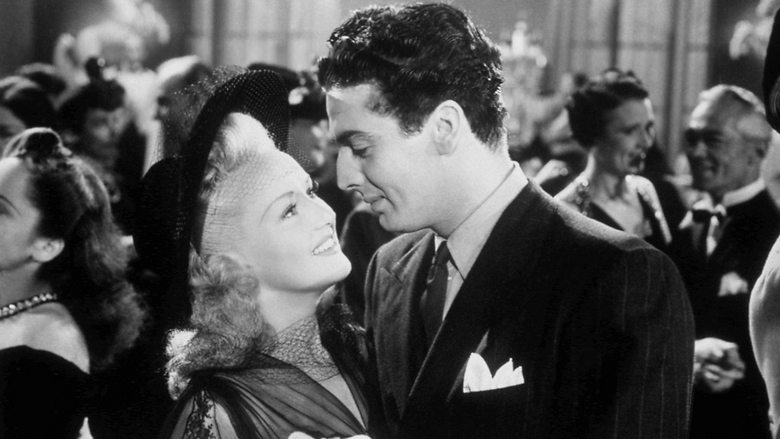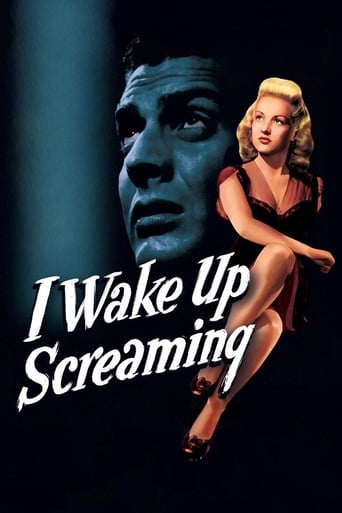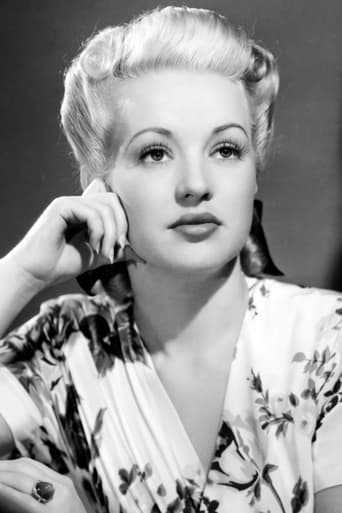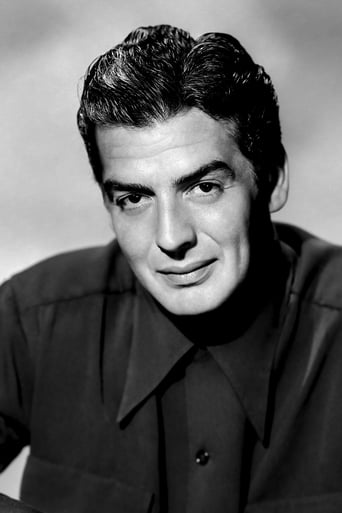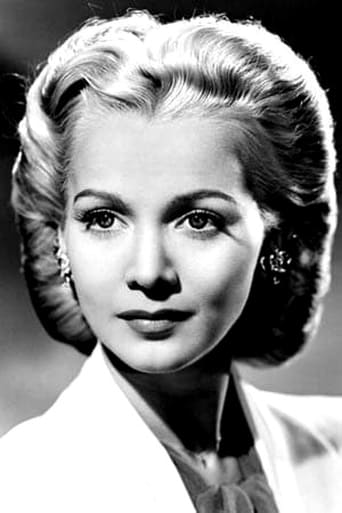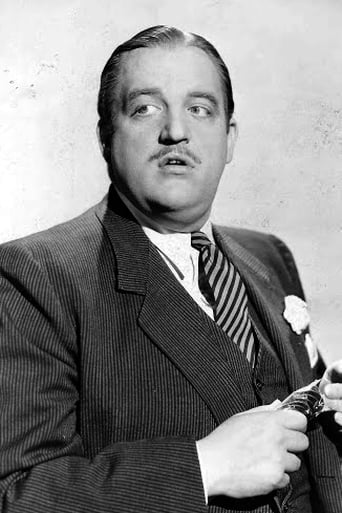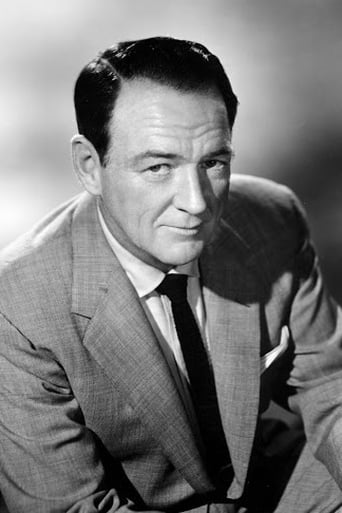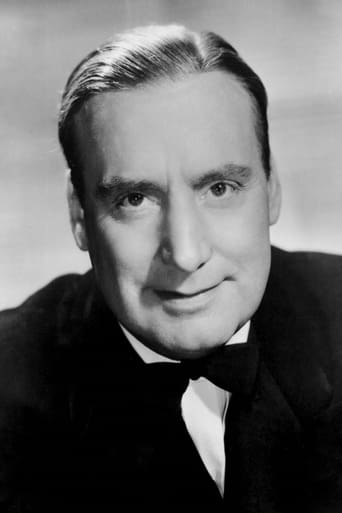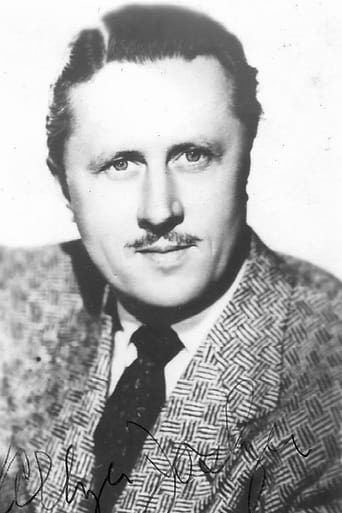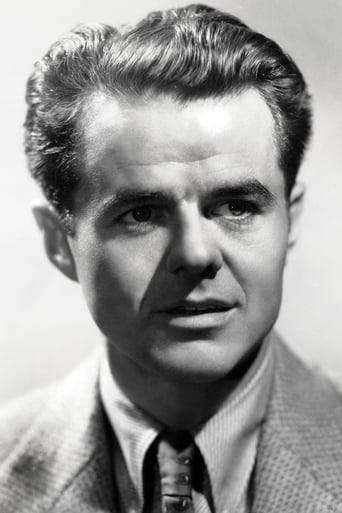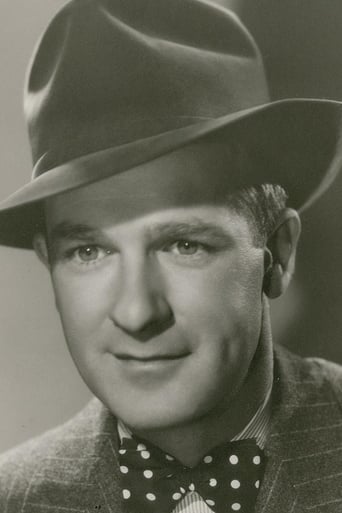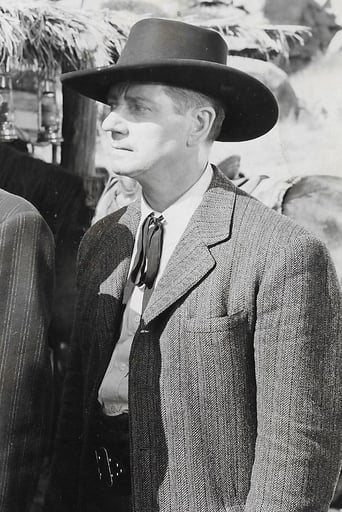A young promoter is accused of the murder of Vicky Lynn, a young actress he "discovered" as a waitress while out with ex-actor Robin Ray and gossip columnist Larry Evans.
Similar titles

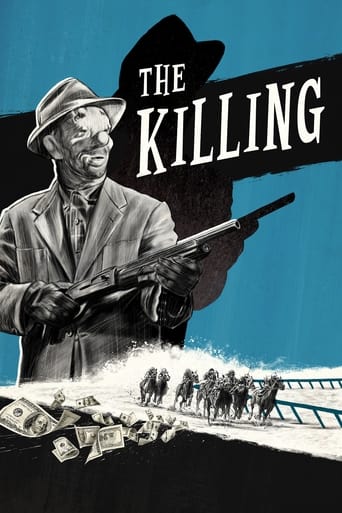


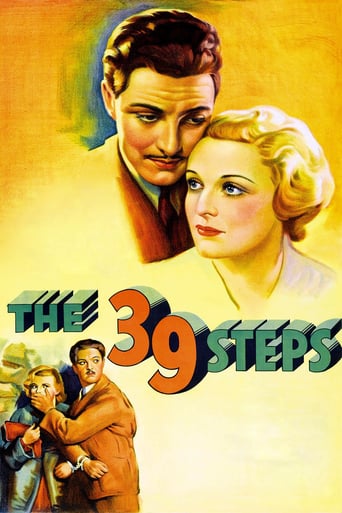

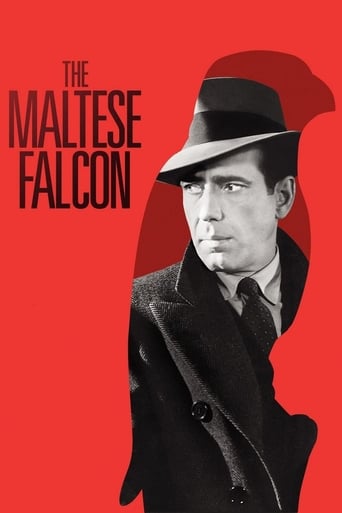
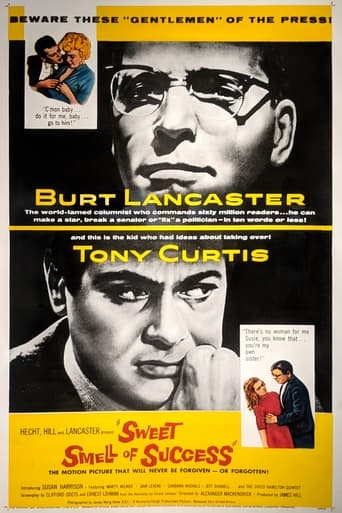
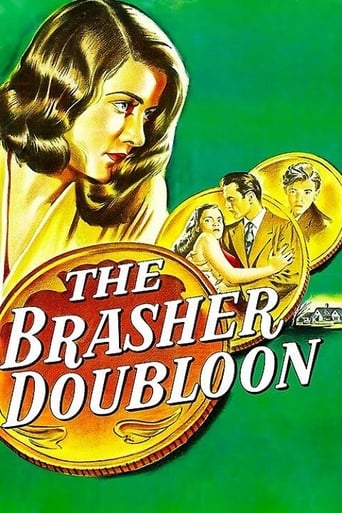
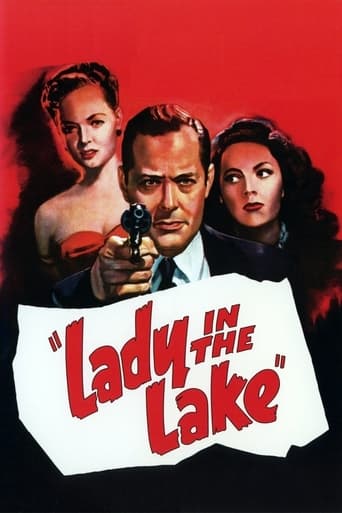
Reviews
Simply Perfect
Tells a fascinating and unsettling true story, and does so well, without pretending to have all the answers.
The acting is good, and the firecracker script has some excellent ideas.
Each character in this movie — down to the smallest one — is an individual rather than a type, prone to spontaneous changes of mood and sometimes amusing outbursts of pettiness or ill humor.
The biggest problem of some critics and chroniclers of Noir with the film I Wake Up Screaming is that they don't know how to categorize it. It doesn't fit the carefully crafted "German Expressionism" influence scenario that they have worked out as the origin of Noir. It's Director H. Bruce Humberstone, never made another Noir, it's brilliant cinematographer, Edward Cronjager, never filmed another Noir so conceptually and visually it's a one off, one of a kind, sui generis.I'm calling it a seminal "Gateway Noir" because the film serves the same purpose as a gateway drug, it functions as a sort of gateway to Noir for those unfamiliar, at that point in time, with what eventually came to be known stylistically, and hard boiled narratively, as Films Noir.Look at the film in chronological context, only Stranger On The Third Floor (1940) approaches it in Noir visual stylistics, while The Maltese Falcon (1941) released only twenty eight days ahead of it on October 3, has the hard boiled story by Dashiell Hammett, but barely any of the signature visual stylistics. I Wake up Screaming not only was based on the hard boiled novel by Steve Fisher and also has the brilliant Noir stylistics in abundance but it has much much more. You can say that the film has dissociative identity, multiple genres if you will. It's also a bit of a Screwball Comedy, a Romantic Drama, and almost a Musical. This seamless genre bending provides the "gateway" for Comedy, Romance, and Musical audiences at that time into the films that eventually will be pigeonholed into the future Noir cycle.My assertion is that if you've screened I Wake Up Screaming after the various other Noirs it will seem a strange hybrid indeed, because of the conceptions you've already amassed. But, experiencing it as audiences did in 1941 it would probably seem fresh and innovative.The credits flash against a Noir New York Skyline the titles are written in marquee lights and we hear a the musical equivalent of a shrill klaxon horn blasting out a danger warning. It segues into Street Scene one of the signature New York City themes. Street Scene was used by 20th Century Fox for the films Street Scene, Cry of the City, Kiss of Death, Where the Sidewalk Ends, The Dark Corner, and as the overture to How to Marry a Millionaire. The story even actually starts with a street scene a newsboy hawking the murder of a model. We then cut to a dark police interrogation room bright spot lights are sweating a suspect, classic Noir. Professional promoter Frankie Christopher (Victor Mature) is being grilled, surrounded by shadowy figures barking questions.Frankie then begins to relate the story, and in a flashback we are transported to a Times Square restaurant and we are brightly lit again and into screwball comedy mode. Frankie and his two pals, over the hill actor Robin Ray (Alan Mowbray) and gossip columnist Larry Evans (Allyn Joslyn) flirt with hash slinger Vicky Lynn (Carole Landis). In a nod to Pygmalion Frankie makes a bet that he can transform Vicky into a celebrity inside of six weeks. Cut again to a classy nightclub where Frankie introduces Vicky, now dressed in evening gown and sable, to café-society. Throughout the film the sequences that feature Vicky or are in some way connected to her also have the Street Scene theme in various arrangements jazz, muted trumpet, etc., it becomes her leitmotif, and suggests the Musical genre. In a later sequence in a police projection room we see Vicky singing on her screen test.We cut back to the police station, back to the present, and back into Noirsville. We now see Jill Lynn (Betty Grable) being questioned in the dimly lit squad room. As Jill tells her story we again go into flashback. She tells us how Vicky came home that first night and told Jill that she was through slinging hash and that from now on she had other things to sling. She had offers for modeling, commercials etc., etc. Jill tells her it's just easy money "your picture is on a magazine one day and in the ash can the next." Vicky is unfazed she snaps back that she knows what she wants and how to get it..The weeks pass and Jill finds herself falling in love with Frankie. Every time Jill and Frankie are together Over the Rainbow plays in one form or another as their "love" leitmotif another nod to musicals. Street Scene is not only Vicky's leitmotif but also it represents the New York, anything goes, sophisticate. The juxtaposition between it and Over The Rainbow which also brings to mind innocence is interesting for this Noir.During another session with the cops Jill remembers a stranger she saw staring at Vicky through the window of the restaurant one night. It turns out to be Lt. Cornell (the name a nod to Cornell Woolrich) who is unhealthily obsessed with Vicky Lynn. Cornell also has a moody, sinister leitmotif.Cornell is trying hard to pin the murder on Frankie, going as far as withholding and planting evidence. Elisha Cook Jr. is Harry Williams the nervous Nellie desk clerk at the residence hotel where Vicky and Jill have their apartment.We get another Screwball Comedy sequence when Vicky tells her three "creators" that she's signed a long term contract for Hollywood and that she's leaving for the West Coast. We see Frankie, Robin, and Larry are seated on bar stools drowning their sorrows and taking pop shots at one another.The cat and mouse game between Frankie and Cornell plays out to the end with some nice interesting twists. The screen-caps are from the Fox Film Noir DVD. The film is like an early flyover of Noirsville 9/10.
Sports promoter Victor Mature (Frankie) is in police custody being questioned over the murder of aspiring actress/model Carole Landis (Vicky). Landis lived with her sister Betty Grable (Jill) and she is also in custody being questioned. Through a mixture of flashbacks and real-time action, we learn the story of how events came to pass and whether or not the police can get the real killer. Things don't look good for Mature The cast are all good in this film. Carole Landis plays a ghastly wannabe plucked from nowhere and launched into a life of celebrity. If only her fate was part of the deal for those celebrities of today – think of Jordan, and all those other pointless people that invade our television sets. Betty Grable gives a solid performance – no singing or dancing – and is way better at it than that other musical star Doris Day who tried a straight role in "Midnight Lace" (1960) and fell flat on her face with it. But, it is Laird Cregar (Cornell) who excels as a creepy Police Chief Investigator.The whole film is easy to watch with interesting scenes that drive you through the experience. One memorable sequence has creepy Cregar call in actor Alan Mowbray (Robin) and Mature as suspects, and force them to watch a film sized screen of Landis singing. It's a good song, and someone cracks There is also some funny dialogue to keep you amused. One example that stands out to me is when Mature says to Grable: "Who goes to a library at 9:00am?" Yep, I agree. Even when I was a University student, that never happened! It's an interesting story that you can try to second guess but you won't get it right, especially the end twist. It is a shame that two of the main players – Laird Cregar and Carole Landis - didn't live much longer after this. Both were dead by the end of 1948. However, what on earth is the title about? There is no screaming in this film.....thank God.....
My feelings about this film changed when I watched it last night on TCM during Betty Grable's Summer Under the Stars tribute. It is not as good as I remembered. It suffers from quite a few plot contrivances, and the main stars look a little uncomfortable in their roles (except for Laird Cregar and Carole Landis), and for the most part it sort of registers like a glorified B crime film. I think Grable was right when she told studio boss Darryl Zanuck that she was not cut out for straight dramatic parts and stuck to musicals henceforth. In a musical you can get by with mediocre acting if your dancing and singing is spectacular. But in a film of this nature, with nothing else to fall back on, you have to be very convincing-- and in some spots she is a bit too self-conscious and not at all convincing. Costar Victor Mature does not exactly have a handle on his character either (but as his career at Fox continued, he would become a dependable dramatic lead). VICKI, the remake that hit screens twelve years with Jeanne Crain and Jean Peters, is better in my opinion.
Sometimes it's the acting that makes a movie good. Other times it could be the directing or the script and other times the music or cinematography. In this movie, all the elements of movie-making are brought together to produce a great movie. In this movie the film-noir technique is used to great effectiveness to bring out and compliment the essential coldness of the story. Also, the performances of Betty Grable and Carole Landis as sisters was incredible. First, they looked like sisters and second, they acted like sisters. Of course, it helps an actress's career if she's attractive, but she still has to be able to act and both of these ladies could act. Laird Cregar's performance was uncanny. He was the epitome of obsession. His performance carried the movie. Victor Mature was wonderful. He could act and in this movie displays an wide range of emotions. The story is itself is compact, concise, and coherent and moves along at a fast pace. This movie is a classic and warrants a lot more attention.
Top Streaming Movies











